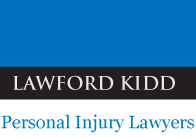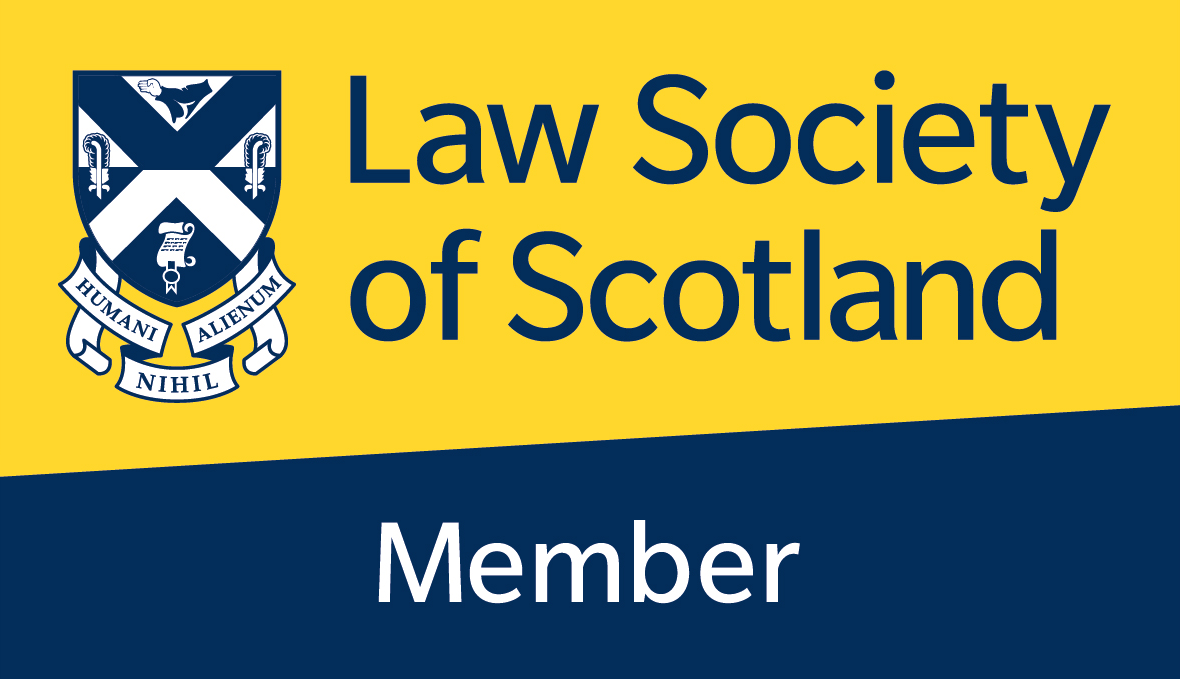How to Claim - Easy 5 Step Guide
 With you every step of the way.
With you every step of the way.
You have the legal right to financial compensation when you’re suffering because someone else has been careless. And because we specialise in personal injury, our solicitors win generous settlements for people like you who have had an accident or injury through no fault of their own.
Below are the main considerations together with our easy 5 step guide to how your claim will proceed.
What happens in the claims process? Our easy 5-step guide
- First, we’ll discuss the whole situation with you to find out how the accident happened and all the details of your losses.
- Second, we’ll write to whoever was responsible for the accident, submitting the claim.
- Third, we’ll also arrange for you to have a medical examination for the medical report.
- Fourth, if the party responsible is insured, they will pass our claim to their own insurance company. In the rare situation that the other party has no insurance, the situation is more complex, unless they are wealthy.
- Fifth, we always try to negotiate a settlement with the insurance company – and this is frequently successful in which case you would receive your compensation award promptly. They often investigate any accident too, and can take several months to do this. If they say that they’re not liable or we feel they’re delaying for no good reason or make an insufficient offer, we can threaten Court action.
100% compensation with our Scottish injury lawyers
Why not call us right now on 01312255214? Or you could send us an online claim form and we’ll call you back.
If we take your case you will get 100% compensation with our no win no fee policy.
We’ll make the claims process as straightforward as possible, explaining what you need to know at every stage.
Need even more information? Please see our detailed notes below and our Frequently Asked Questions (FAQs) section here.
Court action - litigation in the Scottish courts
In the Court Action, you will be known as the Pursuer and the other side as the Defender. The first stage is to raise a Court Summons, or Writ. Your Court action can either be raised in your local Sheriff Court or the Court of Session, Edinburgh. We always recommend using the Court of Session because they have a lot of expertise in personal injury claims. This means that insurance companies feel under more pressure to settle the claims before the action starts – a faster outcome for you.
To use the Court of Session, we have to employ a specialist legal advisor called an Advocate – also referred to as ’Counsel’. They prepare the Summons, setting out the claim and showing the sum being claimed. The amount shown is usually more than we expect to receive – in some cases three or four times greater. This is to avoid any change in the figure sued for, if your physical condition deteriorates.
As soon as the Summons is ready, you’ll be sent a copy and asked to check it. It’s then sent by recorded delivery to your employers or whoever is being blamed for the accident. They will then pass it to their insurance company’s solicitors, who will lodge defences on their behalf. These defences set out their case and answer each point raised in the Summons. The court will issue a timetable setting out the stages in the case, including a trial date.
At the trial – known in Scotland as a ’Proof’ – the judge will decide whether or not to grant compensation. This process takes around a year, although at any time before the trial, an offer can be made by the other side and this happens in over 90% of cases.
Sometimes, in straightforward cases, the Court may allow a Jury trial, when it’s the jury rather than the judge who makes the compensation decision. They are often more generous in their awards.
Can I make a personal injury claim?
Yes, if your injury or illness took place because of someone else’s carelessness (the legal term is negligence). If it’s not possible to show that an accident was someone else’s fault, it’s very unlikely you’ll be able to recover anything. If it was partly yours and partly someone else’s fault, the compensation you receive is reduced in proportion to your share of the fault (the legal term for this is contributory negligence). So if, say, 80% of the blame for an accident is attributed to the other party, your compensation will be reduced by 20%. You need to make your claim or start Court action within three years of the incident.
What is negligence?
The Law has built up standards of care in all areas of human behaviour and some include special regulations such as Health and Safety posters at work, use of ladders and scaffolds and more. If someone’s behaviour doesn’t live up to these standards and causes you harm, they are legally negligent and you have every right to make a personal injury claim against them.
Examples of standards of care are:
• Safe premises in a factory
• Safe equipment and proper training at work
• Safe driving by car drivers
• Reasonable condition of roads and pavements
What can I claim for?
You can claim compensation for pain and suffering, loss of pay and various other items. If a close relative has died in an accident or through disease, you can claim compensation for loss of ‘society’ and support. Remember you can call us anytime to talk this through.
Pain and suffering
In Scotland, the legal term for this compensation is Solatium. The first part of the process is the medical report, provided by your own doctor or an independent specialist. It will tell us about the extent of your condition and if it may cause you problems in the future. It’s a vital part of the process because the amount of compensation you receive will be influenced by the extent of your injuries. We often also have to ask for a psychologist’s report.
How is the amount worked out?
Each case is unique. But we can let you know how much you’re likely to receive before the case is settled. We base this on our own extensive experience, by referring to legal journals and by looking at the most recent court decisions for your type of injury.
Loss of pay
If your accident took place while working and you’re currently unable to work, you can receive compensation called ‘wage loss’. This is tax-free and is calculated by looking at gross take home pay you would have expected to receive, plus bonus and overtime pay. We look at your average weekly figure for the three months before the accident, apply it to the period you were off work, then deduct it from any sick pay you receive. Please keep your pay slips, so we can check the information provided by your employer.
Some DSS benefits may be deducted from any wage loss compensation you receive, but your solicitor will let you know if this will happen.
We may also be able to claim for future pay loss, if your accident means you can’t go on working in your old job or you have to take a less well-paid job.
Other items
You can claim for other items including:
• Any specific items – clothing or equipment, for example – damaged in an accident.
• All the nursing care you will need in the future, if the accident was serious.
• Care and extra housework provided by a relative who has to look after you.
• Any specific jobs about the house or for the family that you used to do.
• Any bills received for work you could otherwise have done.
• Lost pension entitlement.
• Special equipment (including adapting a vehicle) or nursing assistance as a result of an accident.
Where relevant, please always remember to keep all your bills and receipts, so we can make a claim for you.
What do I need to do?
We’ll make sure we get all the information we need from you at every stage, but there are still some things you need to do:
• Keep a note of the names and addresses of any witnesses of the accident.
• Keep your wage slips and any receipts for items damaged in the accident.
• If it took place at work, keep track of any equipment involved in your accident, as we may need to have this examined or photographed at a later date. Try to make sure that nothing is thrown out because it could be a crucial piece of evidence. Get in touch with us straightaway if you think this might happen.
• Never speak directly to your employer or any insurance agent about an accident, without checking with us first. They can get any information they need through us, your solicitors. Likewise, you’ll find that no employer will supply any information without going through their own insurance company.
• Let us know if there is any change in your medical condition. This is very important because we may need to get another medical report.
Contact Lawford Kidd
To get started with your claim, call us free today on 01312255214. Or you could complete our online enquiry form and we’ll call you back.
If we take your case you will get 100% compensation with our no win no fee policy. We look forward to hearing from you and to helping you claim the maximum amount of money you deserve.









